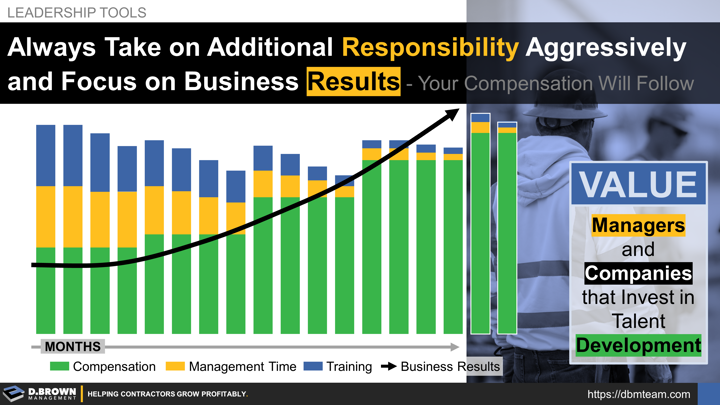Consider that people are taking a risk on you. They will have to invest substantial extra time and training for you in the beginning. It will take time for the business results to catch up.
When your performance increases, your manager will be spending very little time coaching or managing you. You will need less and less training for the role you are in. The business results you are achieving will be undeniable, showing growth over the prior quarters with great projections ahead.
Your compensation, including base and incentive compensation, will increase in alignment with the business results you are achieving.
At that point, you are ready to take on the next leg of your career journey where the process starts all over, but from a higher baseline -- similar to climbing a mountain.
Consider that you can’t move forward to the next phase of your career until you have developed someone to take on your prior role. That person will have to go through the same learning curve you did. You will have to invest heavily in them during the first 4-8 quarters, including your time and training.
Each major leg of your career will average about 4 years, starting with an apprenticeship program. This is the continuous development cycle that keeps companies and careers growing sustainably.

